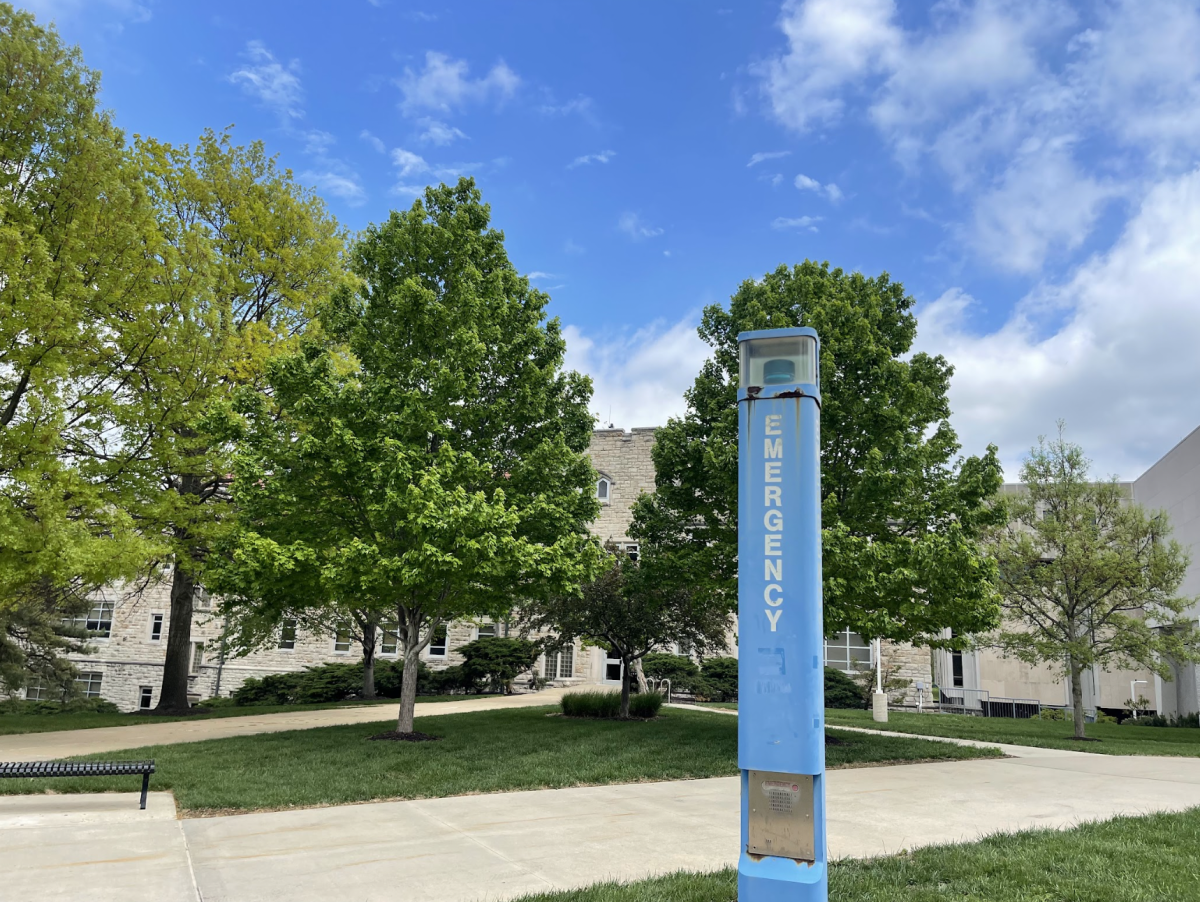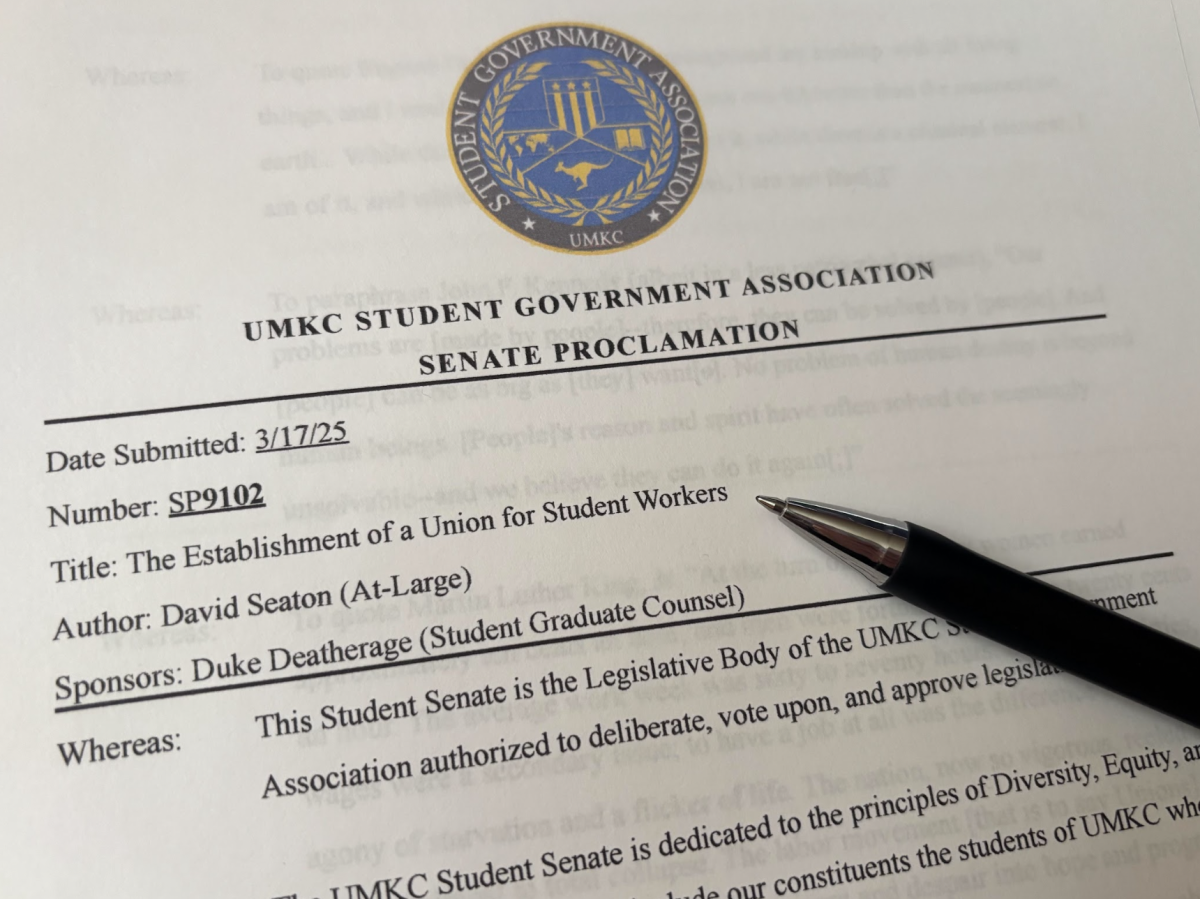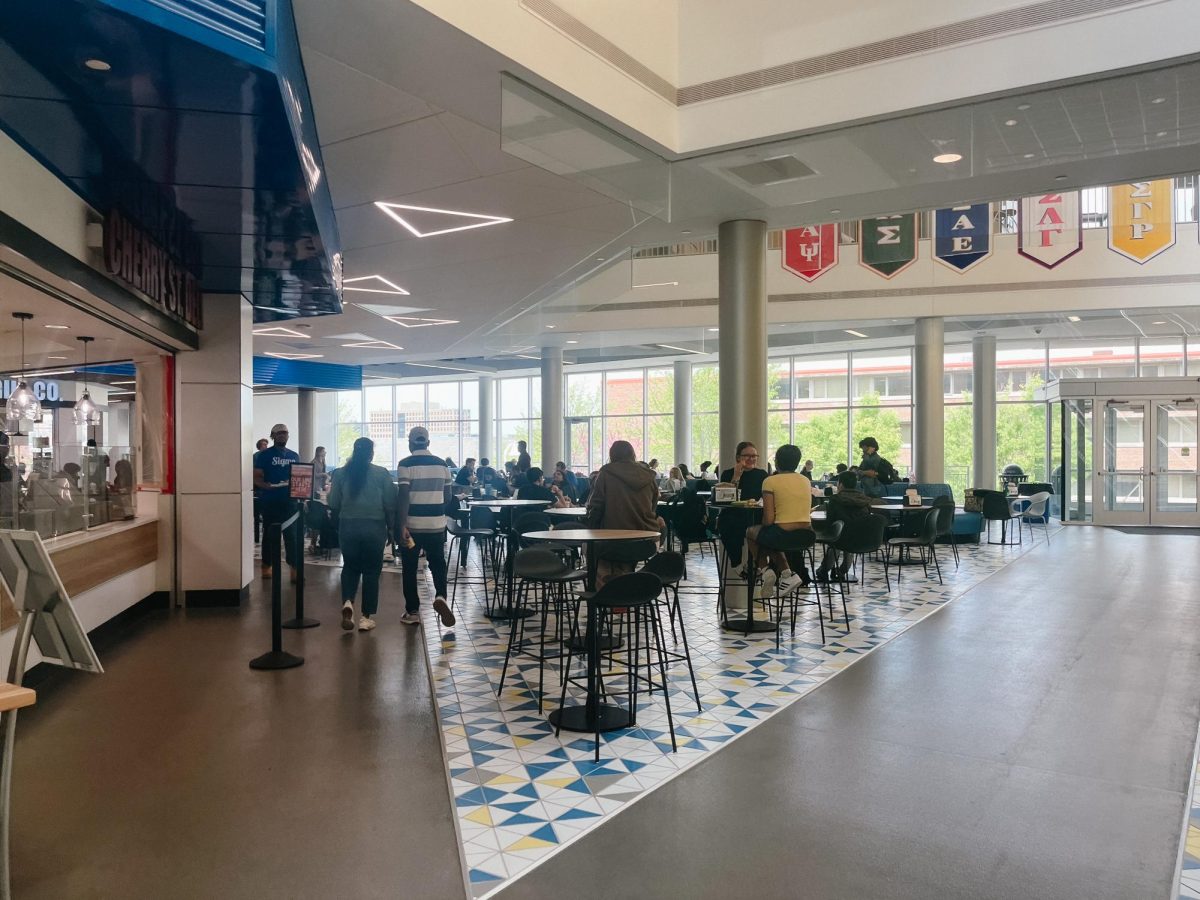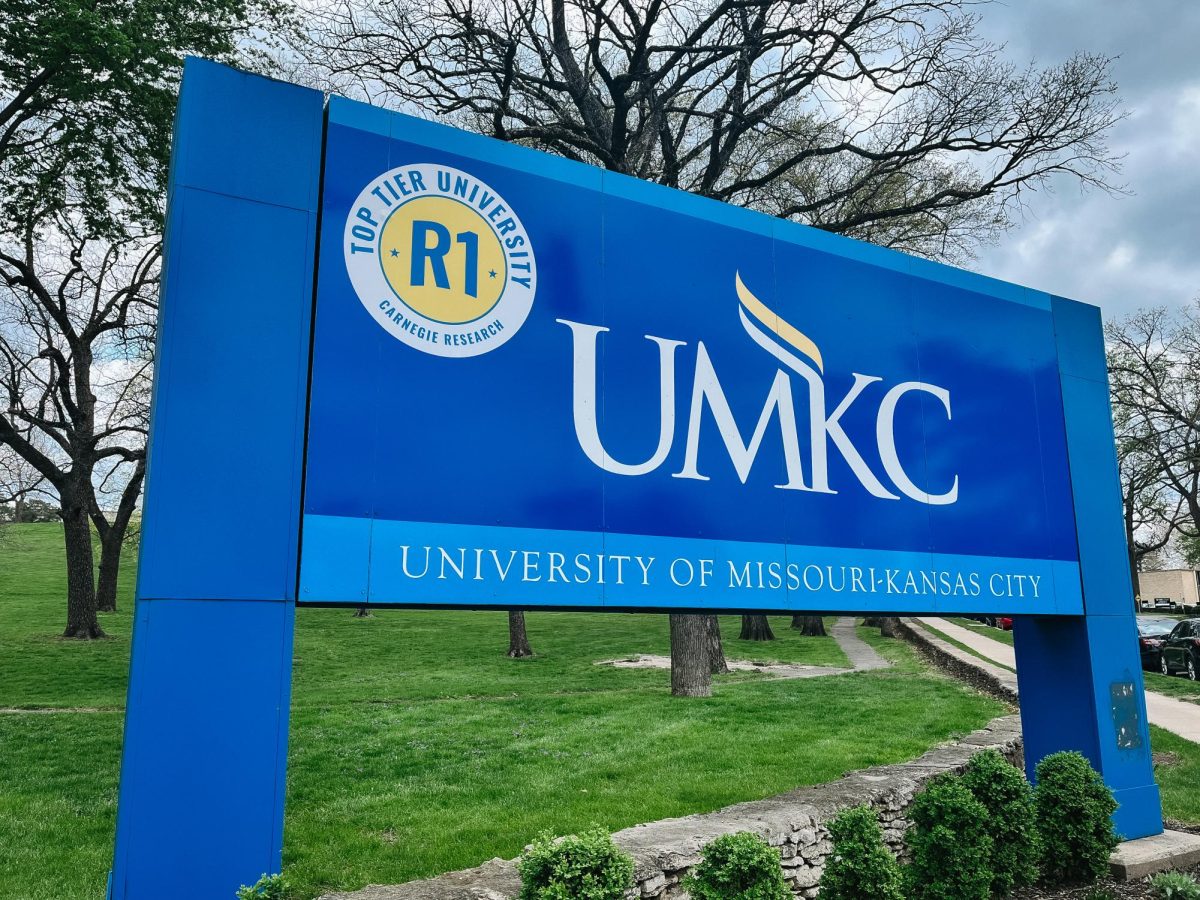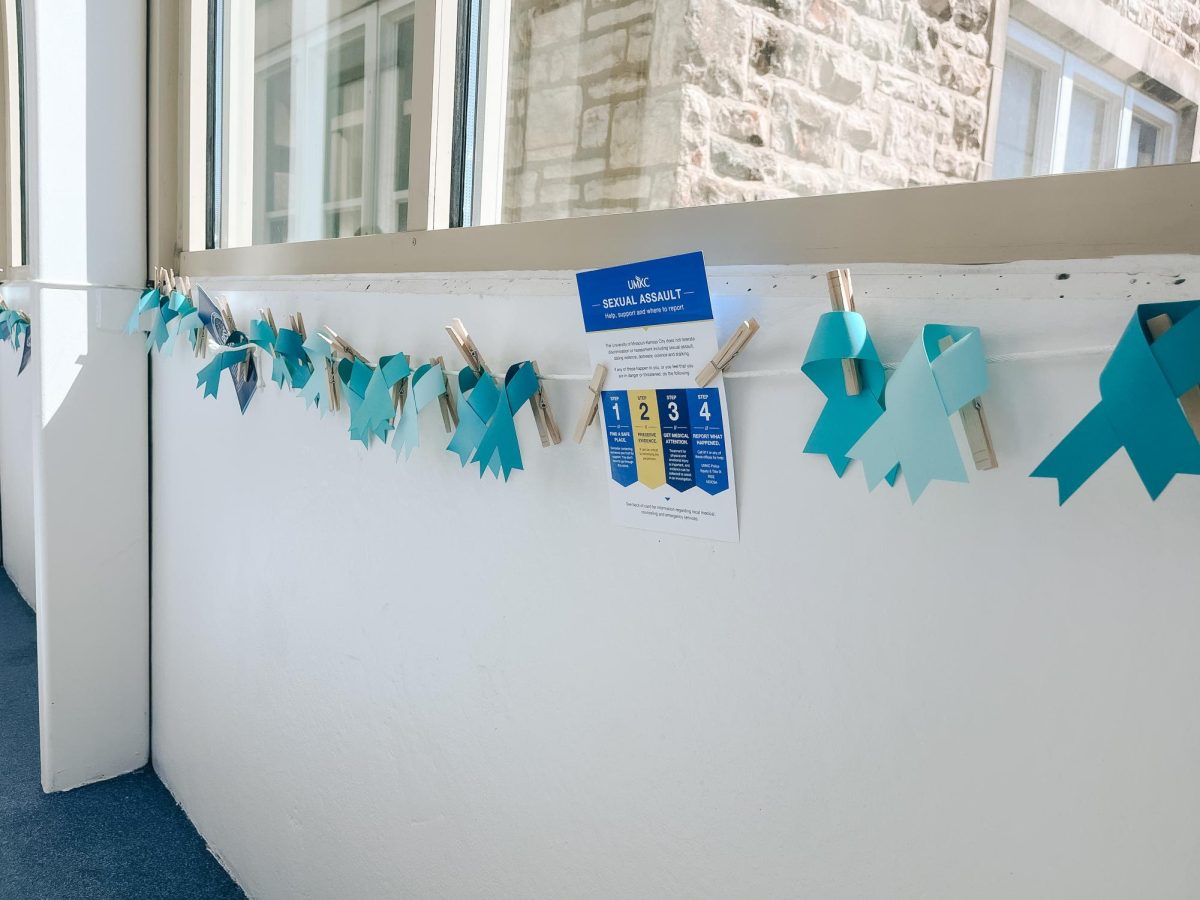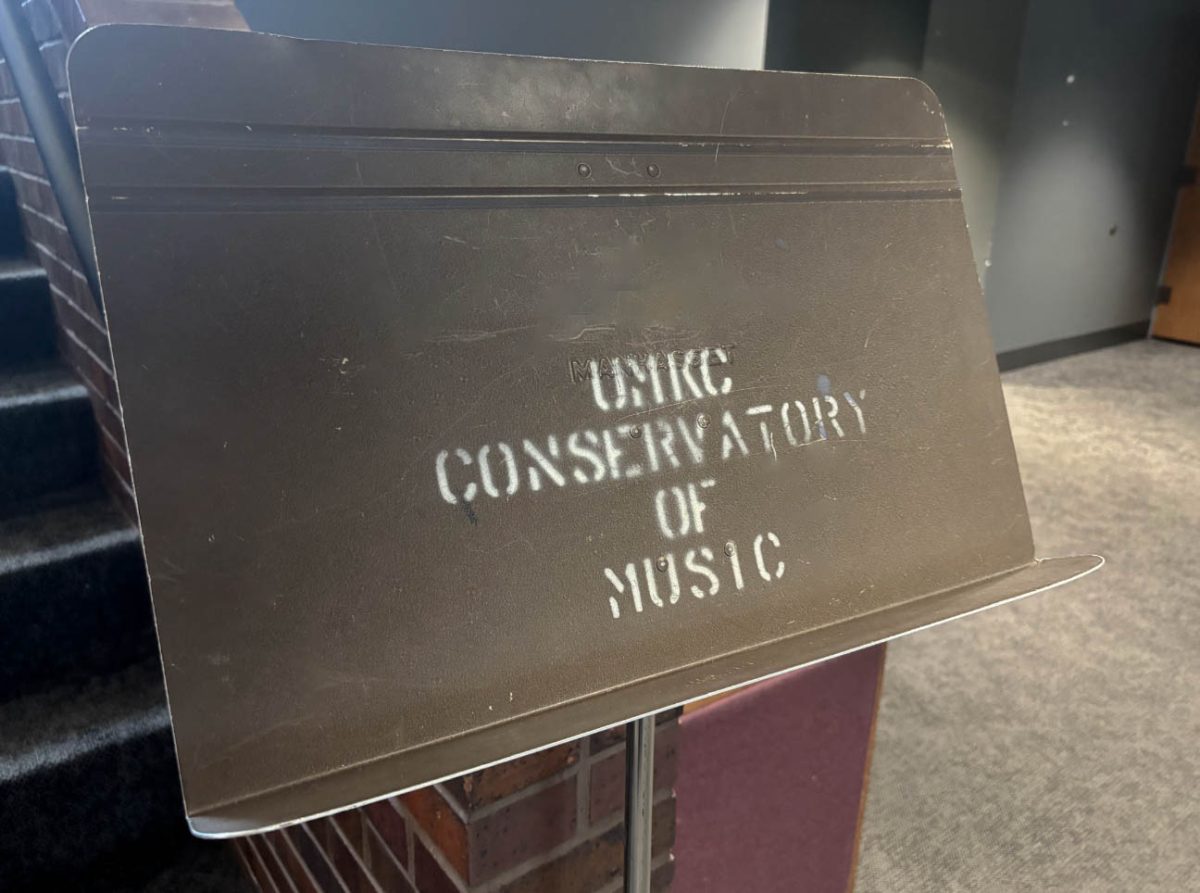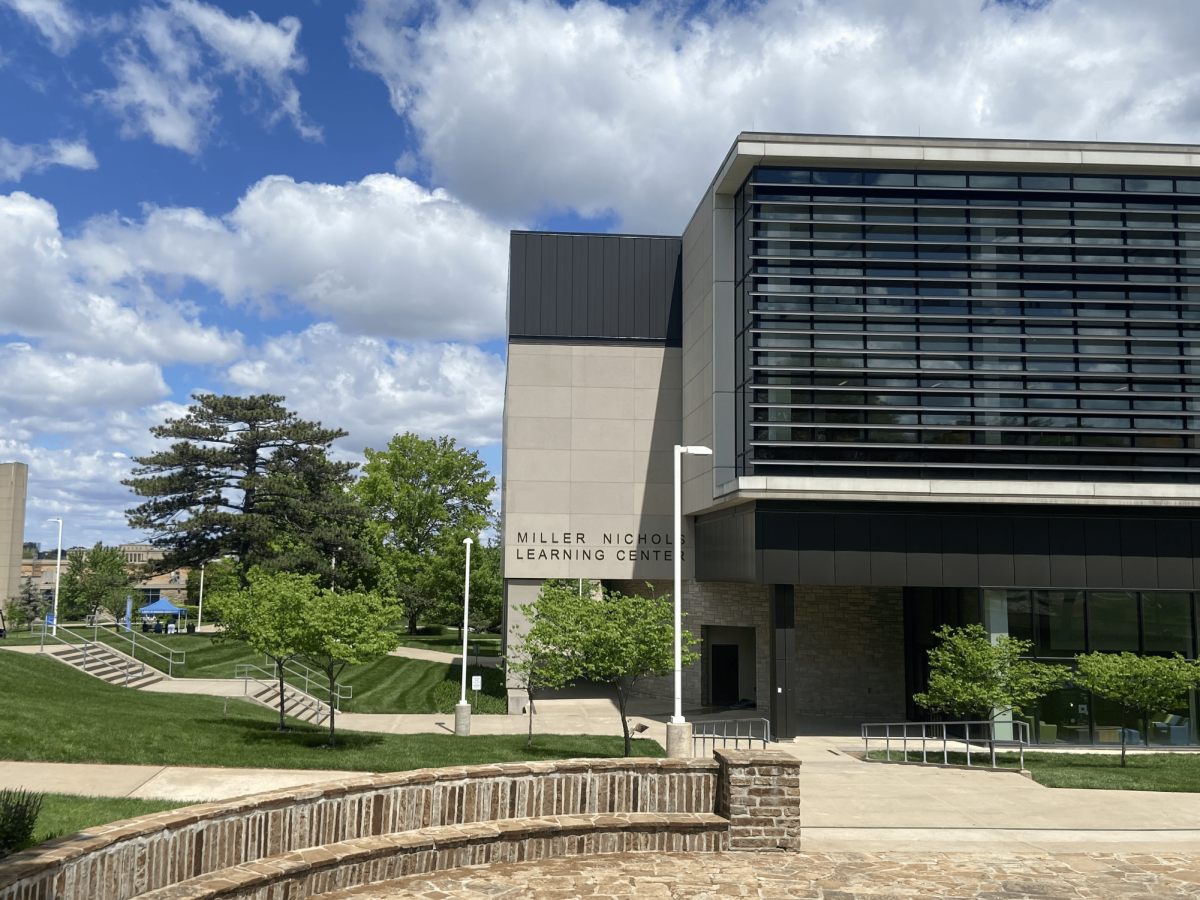On Feb. 7, the Trump Administration announced that it would be cutting research funds through the National Institute of Health.
Sumeet Dua, vice chancellor for research, said that new proposed cuts to research funds by the Trump administration might impact UMKC.
“The NIH’s new policy on indirect costs might affect UMKC’s research funding, potentially influencing budgeting and grant management, though the current impact remains uncertain,” said Dua.
Sophia Baugher is a senior and a geosciences major, who disagrees with the proposed cuts.
“I honestly think it’s a stupid decision made by people who are afraid of science and have believed that all science is out to undermine their political gains – they just want to regulate and control things they don’t understand,” Baugher said.
Baugher is concerned about how the cuts might affect UMKC if passed.
“We’re honestly going to be the first people to lose this funding,” said Baugher. “College students are already being targeted for several reasons, and since we aren’t part of any ‘government institutions’ or something similar, we’re going to be deemed as the first people to lose it, especially undergrads.”
In fact, the proposed cuts are already affecting Baugher’s decision to continue her academic career.
“I’m already debating on backtracking my decision to go for my master’s degree out of fear [of] getting a job in my scientific field, as the field of environmental and geosciences is being hit by government layoffs,” she said. “Due to the funding and the jobs being cut, I’m probably going to have to hold off on my master’s degree.”
According to CBS News, research funds from the NIH for indirect costs will be capped at 15%, where the average in the past was 27-28%.
Dua also said that UMKC does currently receive funding from NIH for research, however they are working on calculating how much is received annually.
Dua stated that the University of Missouri System’s indirect cost rates for sponsored projects vary between 33% and 56.5% for on-campus projects and are set at 26% for off-campus projects. These rates fluctuate depending on the type of activity, funding source, and intellectual property factors.
Dua said that the NIH policy change will reshape how federally-funded research is conducted and managed.
“UMKC is adapting to ensure research excellence and compliance. As universities adjust, we remain committed to supporting our researchers through these changes,” he said.
There was a court hearing on Feb. 21, where U.S. District Judge Angel Kelley extended a temporary block on the fund cuts until she rules on a more permanent decision, according to AP News.
ss77b@umsystem.edu





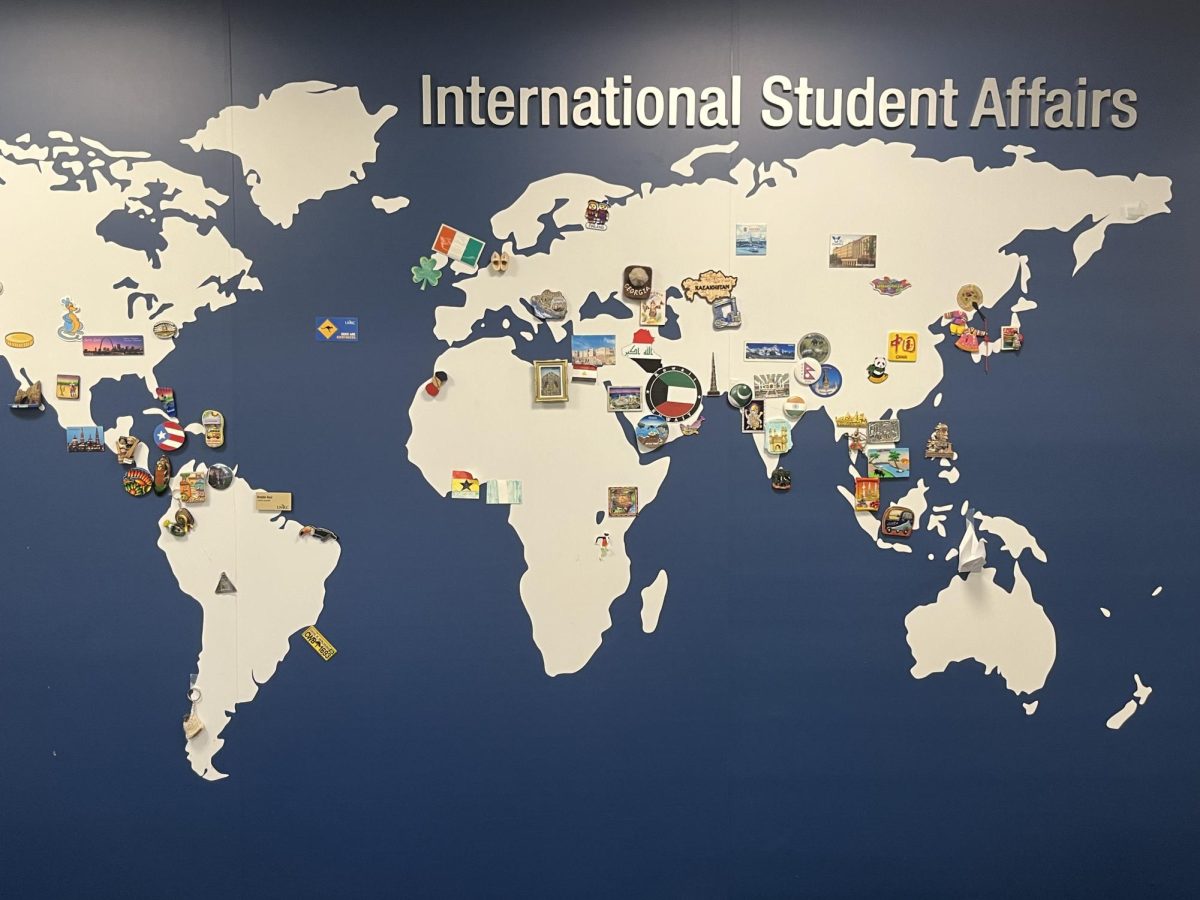
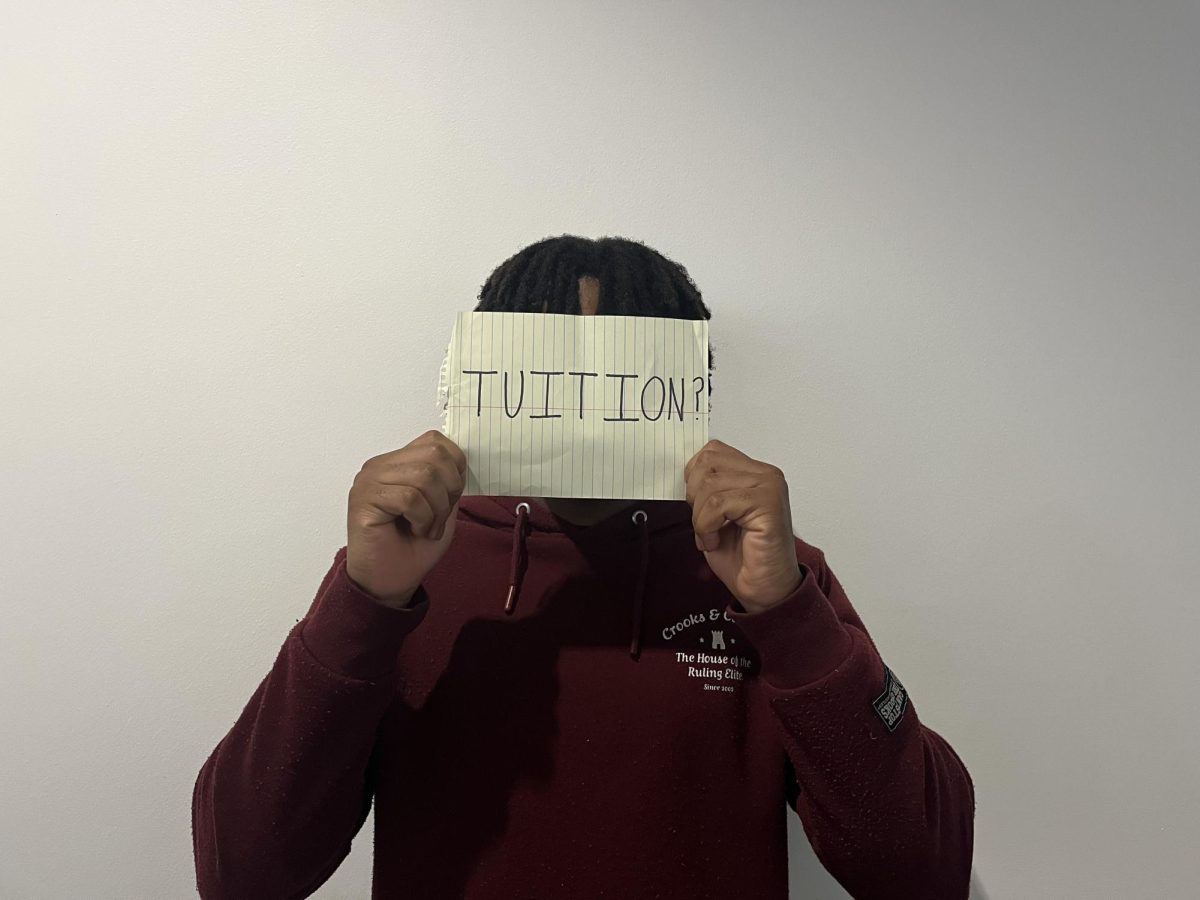

![Alex Unseth [left] and Yasmen Hassen [right] speaking at the dinner.](https://kcroonews.com/wp-content/uploads/2025/04/SGA-1-1200x800.jpg)

